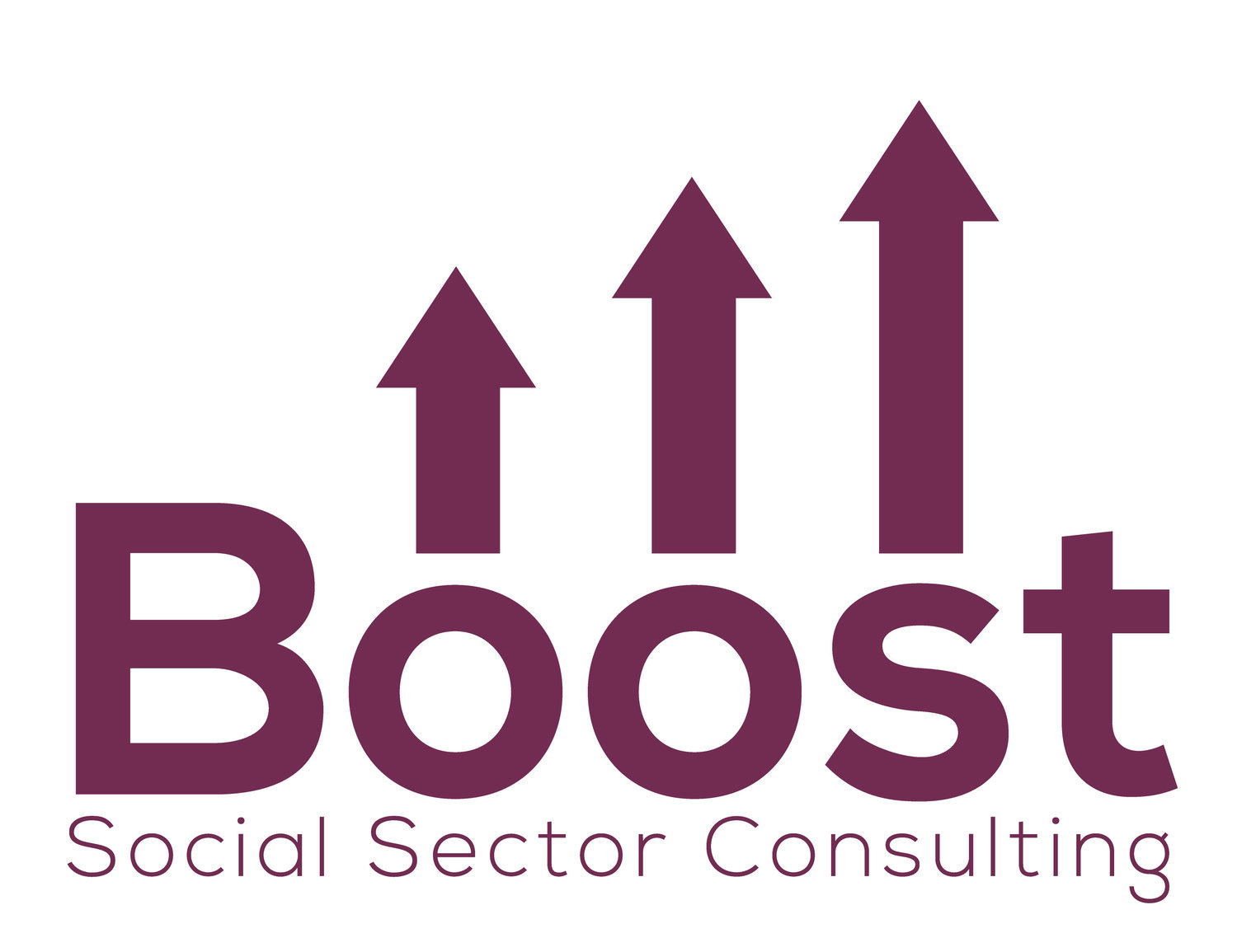Excellent Leaders Create Excellent Impact
/By Rachel Roth
Some people believe that leaders are born, while others think that individuals can learn to be leaders. But no matter how leadership skills are gained, there are always ways to improve. And that’s a topic that I’ve been interested in throughout my career, whether it be helping college students consult to nonprofit organizations, technology company employees serve customers, or community college presidents improve student success. So during a recent engagement for the National College Access Network (NCAN), a membership organization that helps underrepresented middle and high school students aspire to, apply to, enter, and succeed in college, I sought to learn more.
At the beginning of the project, our Boost team conducted interviews with a variety of NCAN’s internal and external stakeholders. Staff, Board, members, and peers spoke very highly of the Executive Director, Kim Cook, and the rest of the leadership team. Not surprisingly, many of the same characteristics attributed to the leadership team by the interviewees also contributed to making our project successful. While this list is certainly not exhaustive, it summarizes a number of the characteristics that I felt made Cook and the other senior leaders particularly effective to work with:
- Fostered a transparent work environment by engaging all of the organization's staff in the project. The executive team recognized that it was important for all of the NCAN’s staff to review our findings and recommendations and scheduled all-staff meetings in order for them to do so. This allowed staff to offer feedback throughout the strategic planning process and helped them understand their individual role in implementing the plan.
- Exhibited a passion for the organization's mission and extremely knowledgeable about data, news, and opportunities facing the sector. Not only did this allow them to testify effectively at Congressional hearings and attract and retain members, it also played an important role in guiding the strategic goals, objectives, and initiatives that NCAN should pursue.
- Possessed the financial acumen needed to make strong and informed decisions. NCAN’s leaders had a strong understanding of the organization's finances, maintained a sophisticated budget, and integrated financial information into the strategic plan.
- Listened to and embraced new ideas. Throughout the strategic planning process, Boost conducted 53 interviews, received 200 responses from a survey of the organization's members and 388 responses from a survey of non-members. NCAN’s leaders actively reviewed interview findings by asking questions, discussing implications, and exploring, with us, how this input should guide the organization's strategy. They were willing to take risks, committed to develop new program offerings for underserved members, and contributed to an action plan to ensure follow-through.
These leadership qualities can be found at any level of an organization, from the straight-out-of-college intern to the seasoned Executive Director. What are some of the ways you see your leadership skills impacting your organization?


